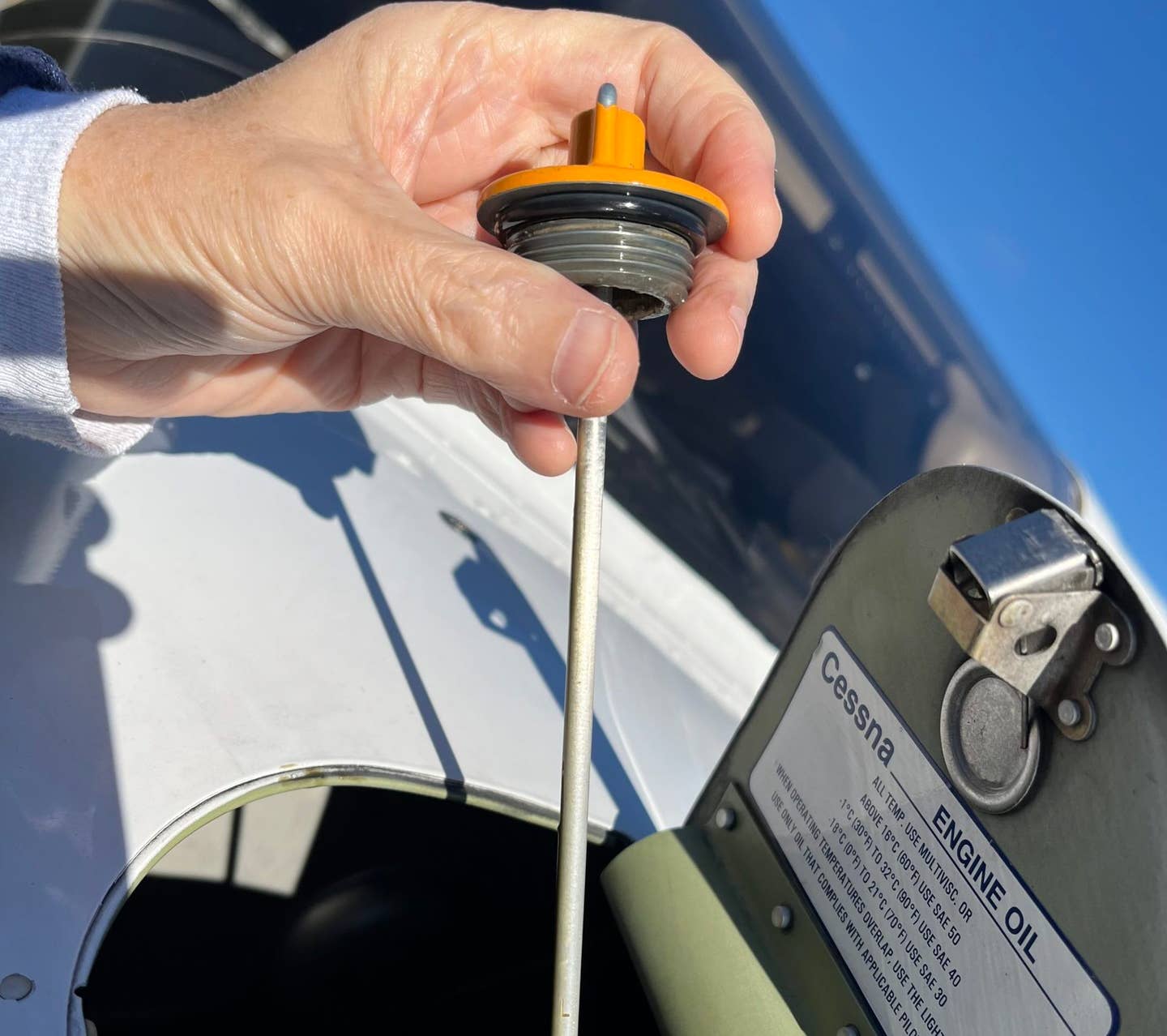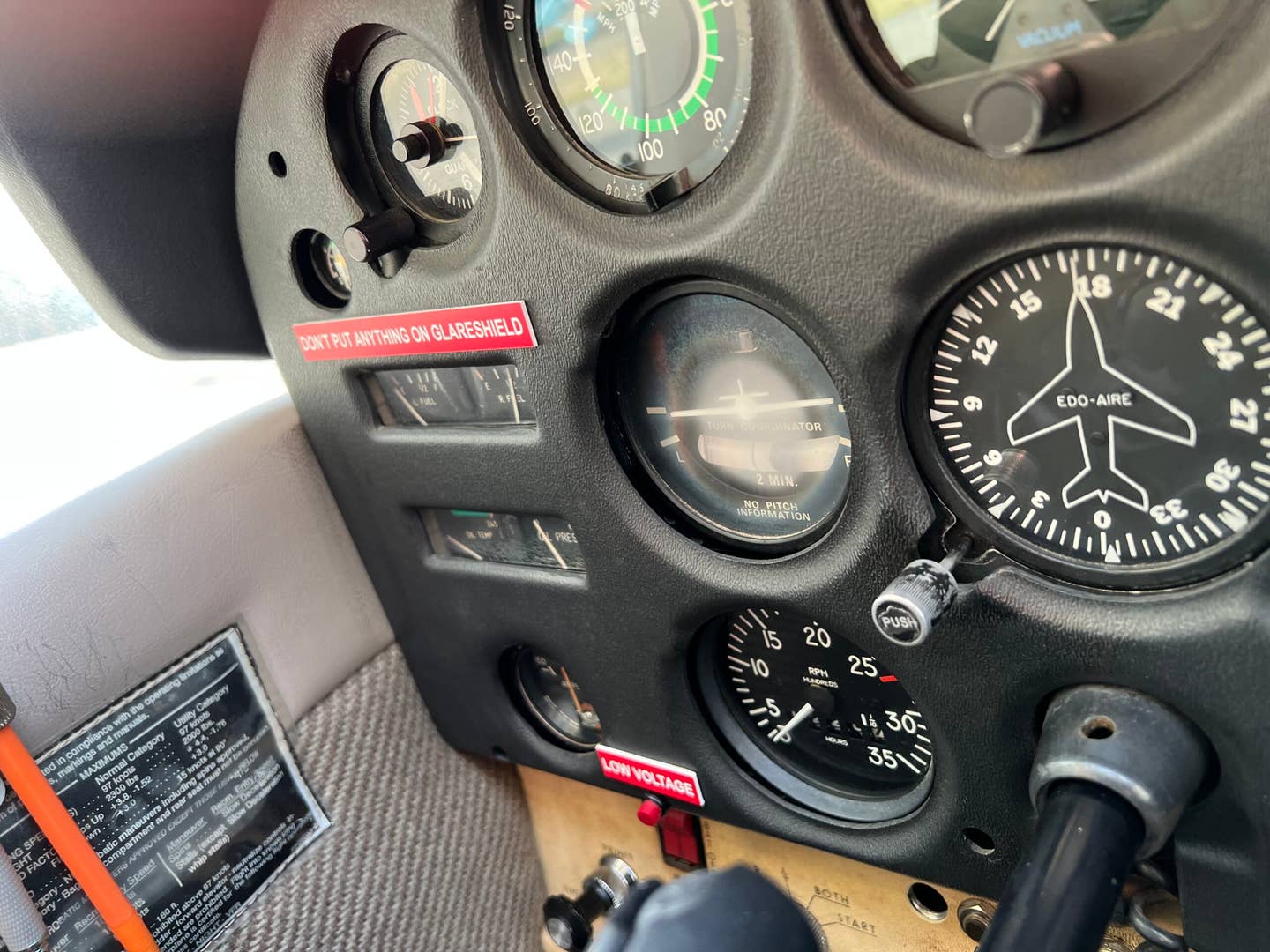
There are some A-B-Cs of radio procedure and technique that might have gotten lost in the cobwebs of your memory. It could be that you've picked up some bad habits; or lost touch with some of your better ones. If a little brush-up is in order, try whipping out the Aeronautical Information Manual — aka the AIM.
Chapter 4, section 2 waxes eloquent on radio communications phraseology and techniques. It's true that the AIM is not regulatory, but rather advisory in nature. Still, there's solid logic to most of what you read within its pages, and this section is a case in point. Take how you are advised to make your initial contact (or "call up") with a new controller. Whenever you are about to chat with someone new on the other end of the microphone line, the AIM advises you start your transmission with the name of the facility you're calling, as in: "Boston Center…" or "Albuquerque Departure…" Next, give your full aircraft call sign as filed in your flight plan (could be different from your tail number, for example, if you're on a mercy flight). Next, if you're on the ground at an airport, tell the controller where you are on the field. If your message is short, now's the time to spit it out. If not, a few words that will indicate what you're looking for would help at this stage, such as: "Requesting VFR advisories" or, if getting close to the destination with lots of altitude underneath you: "Looking for lower." Finally, the AIM actually says you can throw in, "Over" at the close of your transmission. It means you're expecting a reply, as in "over to you" or "the ball's in your court."
And that's why, "over and out" makes no sense in a radio conversation. "Over" means, you're expecting more; "Out" means the conversation has ended and you're going away now, not to be heard from again. It would be quaint in this day and age to be able to actually end a transmission with, "out" someday. If you can think of an instance where that call would apply in 21st century ATC situations, I'd like to hear from you (enewsletter@flyingmagazine.com).
As for the correct phraseology to acknowledge an ATC transmission, the AIM gives you some choices. You can use the old standbys "affirmative" and "negative." Or if you're feeling jaunty you can say, "Wilco" (short for "will comply") or even, "Roger." The origin of that one is the subject of debate. I'm partial to the theory that it's early-days phonetic for "R" as in "[your message has been] received." Imagine using today's "Romeo" instead. Just doesn't have the same ring to it.
Finally, there are some old standby pieces of advice that should be second nature, but are sometimes forgotten. The AIM advises us to "Listen" before transmitting — to be sure we're not stepping on someone else's transmission, and also, because you just might get the answer to your question by eavesdropping on someone else's conversation. "Think" before you speak. We've all heard the pilot who keys the microphone, takes a deep breath, then leads with an eloquent, "Ahhhh, let's see. Ummm. This here is, ahhh …" (And all you wanted to talk about was a vector to the nearest airport due to a pesky little engine fire.) There are also the usual admonitions to have a little patience if your call isn't answered right away. Give it some time. The controller could be talking on another frequency; or on a land line arranging a nifty shortcut for someone … maybe even for you.

Sign-up for newsletters & special offers!
Get the latest FLYING stories & special offers delivered directly to your inbox






